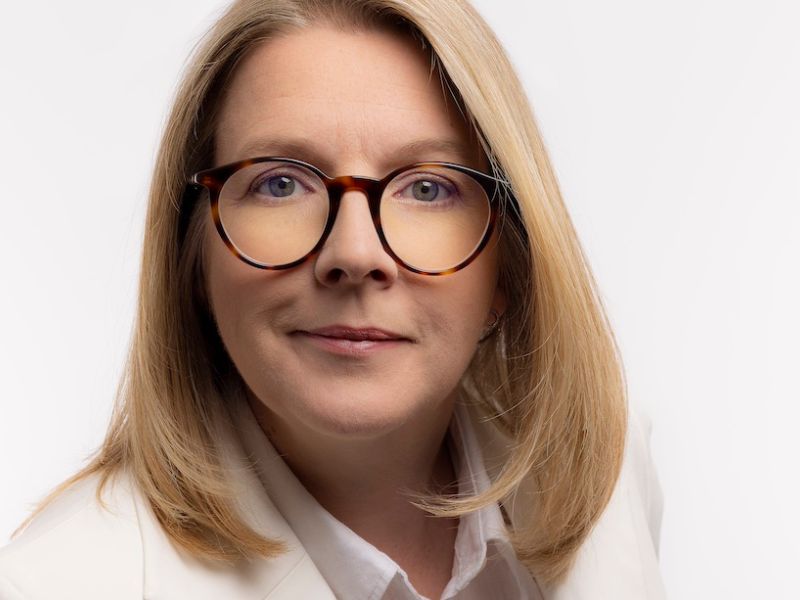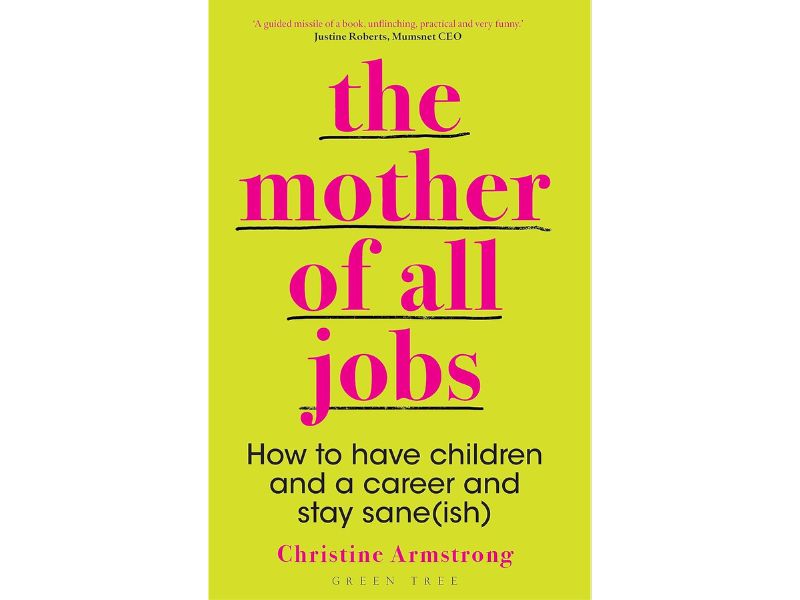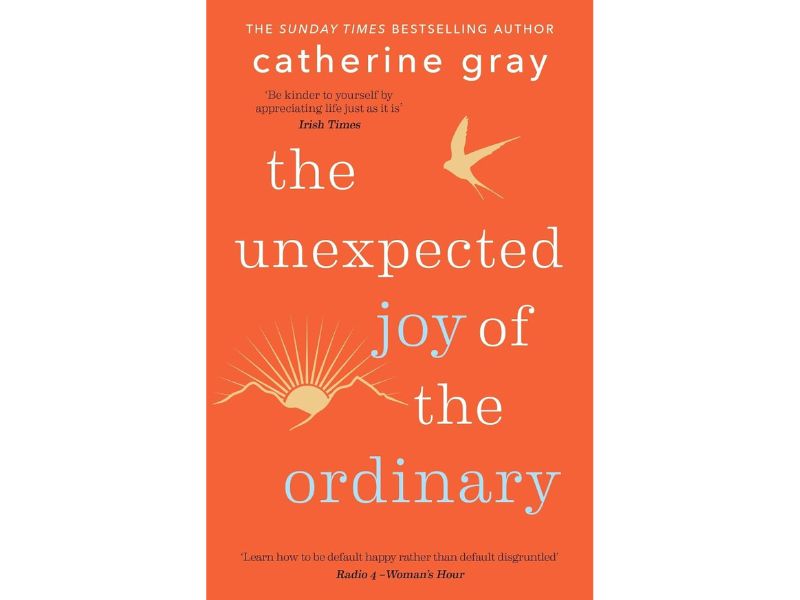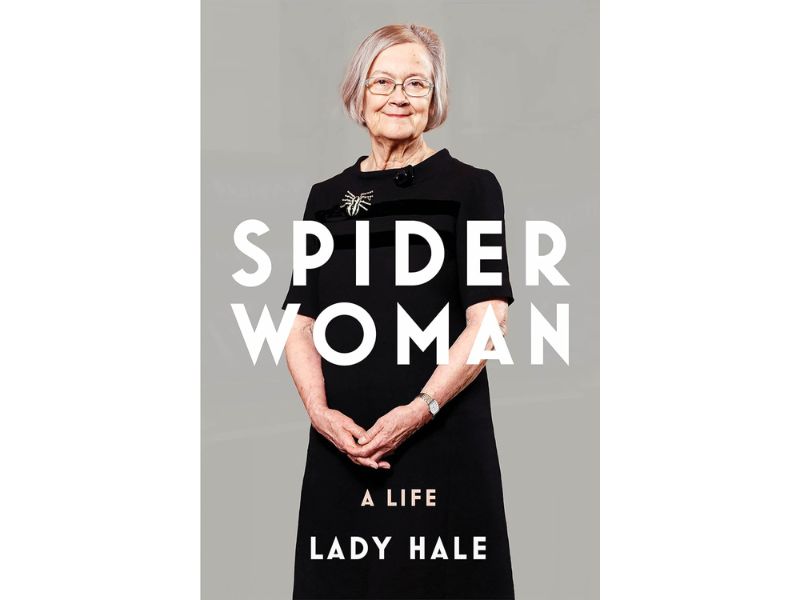
Emma Maslen is a sales leader, consultant, coach and angel investor. She is also CEO and founder of inspir‘em. With over 25 years of tech industry experience, the inspir‘em team has a proven track record in helping sales teams and individuals accelerate their careers.
At the age of 20 Emma found a passion for sales and customer success, closing multi-million dollar investment bank deals for the technology sector in the process. Since then, she has led several businesses within the industry, working for companies such as Sun Microsystems, BMC Software and SAP.
In 2018 Emma became an angel investor through Angel Academe. She now also works with start-ups, scale-ups and large enterprises, coaching their teams to higher growth.
Emma’s new book, The Personal Board of You Inc, explains how readers can recruit the best and most applicable personal advisors to accelerate their goals, how to invest in their network and create the ultimate ‘Personal Board’.
Please can you tell us a bit about yourself, background and your current role?
Leaving school at 16 with just GCSEs, I went to work for Gossards – the lingerie company – in Leighton Buzzard as an administrator. Working my way up from job to job, at 20, I found a passion for sales and customer success which led to closing million-dollar deals with investment banks in the technology sector.
From there, I have led several businesses within the industry, working for household names such as Sun Microsystems, BMC and SAP.
My financial success allowed me to diversify into helping female-founded businesses with funding by becoming an angel investor through Angel Academe in 2018.
Attributing my career success to the network seeded in the early stages of my career and fostering throughout the last 25 years in business, I now work with individuals, start-ups, scale-ups and large enterprises to coach their teams to higher growth.
I’ve written my new book The Personal Board of You Inc to share career strategy advice that I have given many others over the years.
I now run a consultancy business working with startups to enterprise businesses focussed on sales, go-to-market strategy and executive coaching.
Did you ever sit down and plan your career?
Yes, I’ve always been quite clear about where I wanted to go career-wise and had some career mentors. I really started to implement the concept of a ‘Personal Board’ fourteen years ago.
A ‘Personal Board’ is a well-respected group of people built from a person’s network, with whom they have regular contact, and whose advice they will carefully consider (even if they end up not acting on that advice). It emulates a corporate board as a group of key advisors who meet often to make strategic decisions about the recommended next steps for a person or organisation. I started by building my own Personal Board to help me navigate my career, and would recommend others do the same,
When I first began creating a ‘Personal Board’ I’d reached a crossroads in my career. While working at Sun Microsystems, the organisation was acquired by another company and I was offered two new roles – one internally and the other externally. I found it difficult to choose and deliberated at length, weighing up the pros and cons of leaving a company and a job I loved versus moving to a new, unknown role that would deliver better career acceleration. I was getting lots of advice yet still didn’t feel like I could make an informed decision. I suddenly realised that the majority of the advice came from peers at Sun Microsystems. This is when I thought of thinking of myself as having a Personal Board, sought out some diverse opinions and made my decision with some balanced advice.
Ever since, I have been applying the Personal Board concept to my own career and it has helped me to achieve my goals.
Have you faced any challenges along the way?
Looking back, a challenge I have faced that I hadn’t fully appreciated was that as a female in tech, I was always paid significantly less than my male counterparts. This only ever became apparent when I was leaving those roles.
It’s a difficult one for most women and many men. We want to be valued. We want to believe in a meritocracy, however, there is a real need to strategically plan for pay raises and promotions and not leave this for others to decide. This is one of the scenarios I discuss in my book.
Towards the end of my tech career, I cracked this but lacked the skills in the earlier days. I am now trying to ‘spread’ the word to other females – who typically get paid 25% less than the males in the larger tech corporate companies.
What has been your biggest achievement to date?
My biggest achievement – aside from family achievements – I believe, is the culture I created as a leader. Unbeknownst to me at the time, I was able to create a culture of real followership where I made lifelong friends and team members who would work with me anywhere.
How did I do this? I think really, with empathy and honesty. I have always been told I am ‘to the point’ but my transparency has spurred people to want better for themselves and others. Empathy, honesty and transparency are critical to leading teams through difficult times and ensuring their success is something they fight for.
What one thing do you believe has been a major factor in you achieving success?
It’s really been about being strategic with who is on my board offering me advice rather than picking up advisors organically. I have, since that revelation 14 years ago, made sure that my Personal Board is diverse i.e. people from different industries and seniority as well as personal and business contacts. I also realised that this group of advisors needed to change depending on my development plans and progress with my goals.
I really seek out big additions to my board now – in any goal I strive for. I don’t just take advice from my old friends or colleagues – I am always adding to the advice pool to get the best connections and support.
You are a big advocate and building a diverse support network, something that you have called creating a ‘Personal Board’. Please tell a bit about why you recommend everyone create this.
I have seen how the Personal Board concept can significantly expand career horizons, delivering more opportunities, more choices and more clarity on the right road. It is a concept that encourages you to take control of your own career, your connections and the advice and help you need. In my book I say
“If you want to hear how good you are, you can simply listen to your friends. If you want to hear how good you could be, you need to listen to a wider circle of people – those who can offer you dispassionate advice.”
This is where a Personal Board comes into its own, but it helps you seek that dispassionate advice. A Personal Board will help you explore all the possibilities that you have not yet considered.
In addition, the world is so small now – most people can be reached in 3-4 hops. Why not really push the boat out to add someone significant to your board who can offer connections you do not have access to?
You are soon to be releasing a book, The Personal Board of You Inc. Why did you decide to write this book?
I frequently receive calls from people looking for advice on the next step of their career journey. Some of these people I know well, but others I have met only once or twice. I have been that person making the call for advice, and I find it very rewarding also be the person who can give advice and help. I feel fulfilled when I see people accomplish what they have set out to achieve. There are only so many hours in a day and there is only one of me, so I wanted to help many more people by putting my key piece of advice about how to create and work a Personal Board in writing.
If you could change one thing to accelerate the pace of change for Gender Equality, what would it be?
Wow – big question!
For me – it has to be how we allocate funds to female-founded businesses. Early-stage funding for female-founded businesses is shocking. It’s still only around 2% of the pre-seed investment pot.
Early-stage investors need to invest in female businesses. Period.
As an angel investor, in my opinion, investors look for a quick win. The big win. That’s not a typical female founder investment message.
Beauhurst’s research shows that males are generally more bullish and have less scrutiny on their business plans. With a more conservative approach and more detailed due diligence, women secure less funding. Therefore, investors head for the glory investment and not the safer bets. Crazy.
If you could give one piece of advice to your younger self what would it be?
Invest in your network more and earlier.
I always did, and I gave freely to my network. But I wish I had done more and realised the value early and used that network for faster development and achievement. It’s never too early to invest in your network.
What is your next challenge and what are you hoping to achieve in the future?
One thing I miss about the corporate world is the big stage. An extravert at heart – I just love a crowd. I’m not sure how this might evolve – but I think something, where I can work with big groups to inspire change, is likely to be in my future for sure.
Read more from our inspirational women here.








